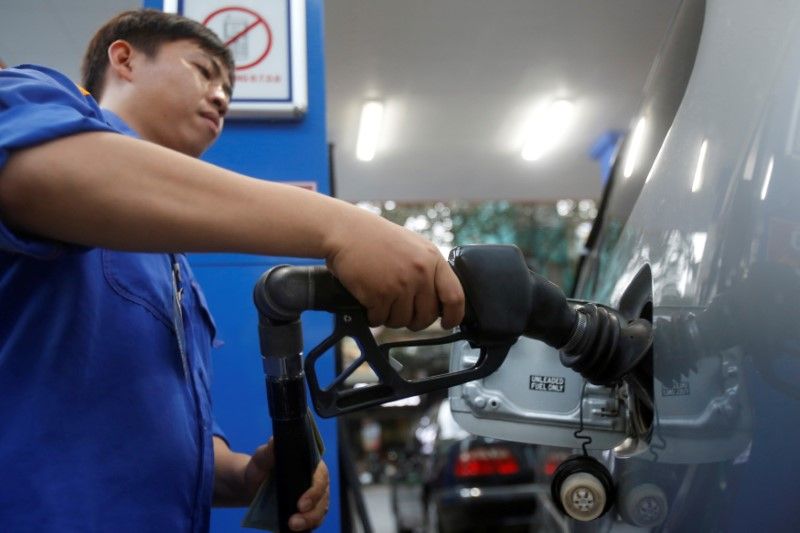
Global oil prices will witness "much more volatility" in 2017 even though markets may rebalance in the first half of the year if output cuts pledged by producers are implemented, the head of the International Energy Agency (IEA) said on Sunday.
The Organization of the Petroleum Exporting Countries (OPEC) agreed on Nov. 30 to cut output by 1.2 million barrels per day (bpd) to 32.5 million bpd for the first six months of 2017, in addition to 558,000 bpd of cuts agreed by independent producers such as Russia, Oman and Mexico.
"I would expect that we will see a rebalancing of the markets within the first half of this year," said Fatih Birol, executive director of IEA, the Paris-based global energy watchdog.
"But what I want to say (is) that we are entering a period of much more volatility in the market ... the name of the game is volatility," he told Reuters Television in Abu Dhabi.
Prices fell on Friday and ended the week 3 percent lower on lingering doubts over the extent of OPEC cuts, with sentiment worsened by concerns over the economic health of the world's second-largest oil consumer, China, after it reported the steepest falls in overall exports since 2009.
Birol said although the OPEC agreement could signal higher oil prices, it would also encourage more production from the United States and elsewhere. Higher prices could also weaken global demand for oil, he added.
"I expect the U.S. shale oil will go back to increasing production this year," Birol said.
He added that a recent trend of declining Chinese oil production due to low prices could be reversed if the market strengthened.
Data from the U.S. Energy Information Administration showed crude production rose notably last week, particularly in 48 southern states. Overall production was 8.95 million bpd last week, the most since April of last year.
OPEC and the independent producers are cutting supplies to remove a global glut and prop up prices, which at around $56 a barrel are half their level of mid-2014, hurting the revenue of exporting nations.
Birol said his main concern now was lack of investment in new oil supplies after low prices over the past two years forced the shutdown of many projects across the world.
"This year, if there are no major investments coming we may well see in a few years from now significant supply-demand gap with serious implications on the market.
Uncommon Knowledge
Newsweek is committed to challenging conventional wisdom and finding connections in the search for common ground.
Newsweek is committed to challenging conventional wisdom and finding connections in the search for common ground.
About the writer
To read how Newsweek uses AI as a newsroom tool, Click here.








